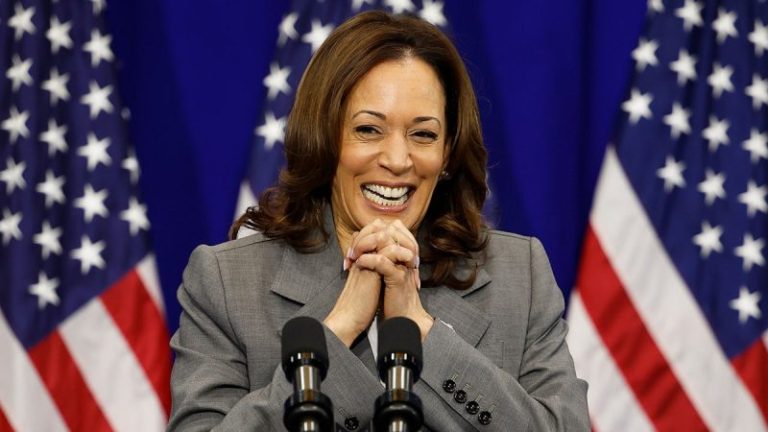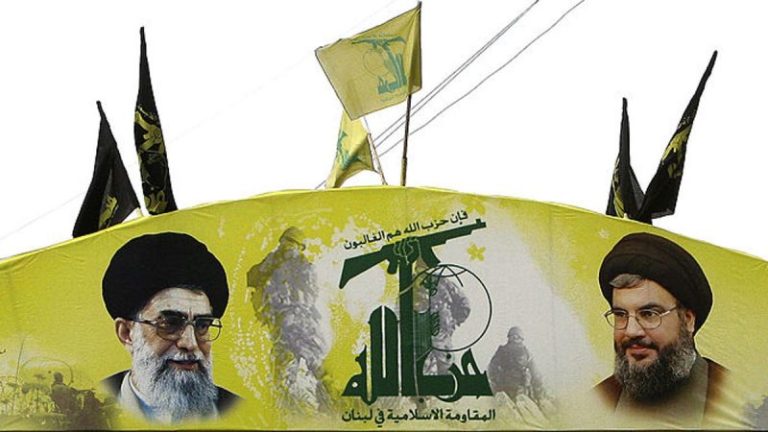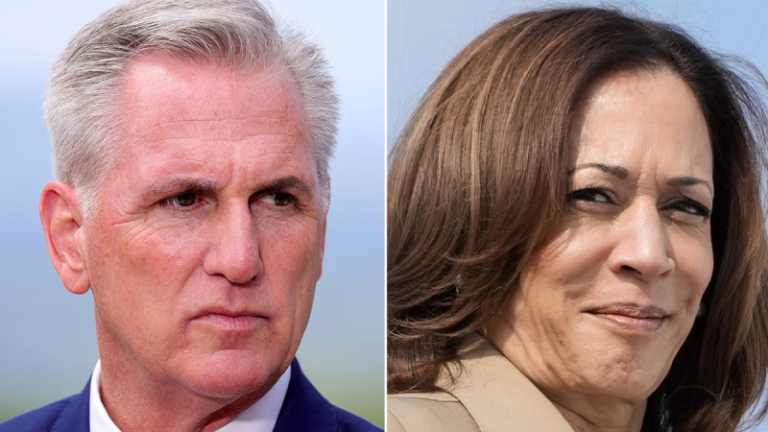Security officials are sounding the alarm that the U.S.’s post-Cold War approach to countering a nuclear Russia is no longer enough as China, North Korea and Iran look to bolster their nuclear capabilities.
‘For far too long, the United States has ignored revitalizing its nuclear arsenal. China and Russia have expanded their nuclear arsenals to achieve nuclear parity – if not advantage – over the United States by the 2030s,’ Robert Peters, former special adviser for countering weapons of mass destruction within the Obama administration’s Office of the Secretary of Defense told Fox News Digital.
‘Inaction is not an option. A world where the United States suffers nuclear disadvantage, while our adversaries enjoy nuclear advantage, is a world where nuclear war is more likely.’
In the Heritage Foundation report titled ‘Building the Nuclear Arsenal of the 21st Century,’ first obtained by Fox News Digital before its release Tuesday, Peters highlights the dangers the U.S. faces in the wake of failed nuclear agreements and the increasingly tense geopolitical reality that Washington and its Western allies must confront.
Peters, now a research fellow for nuclear deterrence with Heritage, argued the U.S. needs to abandon its long sought after policy of global nuclear disarmament, and instead Washington needs to ‘expand and diversify’ its strategic arsenal.
The nuclear expert said expansions to the U.S.’s nuclear force posture should include creating a larger ballistic missile submarine force and increasing warheads on ground-based strategic deterrents.
Peters also said Washington should immediately ‘upload non-strategic nuclear warheads’ from its ready reserve stockpiles for ‘existing theater capabilities.’
The U.S. has over 1,300 ‘retired’ warheads that have been removed from the active stockpile, but which have not yet been dismantled, according to the Arms Control Association. Russia has 1,200 ‘retired’ warheads.
‘These immediate steps are stopgap measures until the nuclear enterprise is able to produce plutonium pits and nuclear warheads at scale – at a rate of 80 per year by 2030 and 200 per year by 2035 – for the next generation of non-strategic nuclear weapons that are fit to purpose and meet military requirements,’ Peters detailed in his report
The report also encouraged updates to U.S. force posture by ‘potentially’ stationing additional U.S. nuclear weapons across Europe, as well as introducing them to the Western Pacific.
Concerns over nuclear security have been mounting for more than a year after Moscow pulled out of the 2010 New START treaty signed by President Obama and Russian President Vladimir Putin in 2023.
The 2010 treaty expanded the original Strategic Arms Reduction Treaty (START) signed in 1991 by President George H. W. Bush and Soviet Union leader Mikhail Gorbachev – which began clearing out nuclear stockpiles.
The treaty signed in 2010 limited the number of warheads the U.S. and Russia could have deployed on delivery systems like intercontinental ballistic missiles, submarine-launched ballistic missiles or heavy bombers to no more than 1,550.
Putin’s decision to pull out of the nuclear agreement came after security officials had been flagging Moscow’s failure to adhere to the deal and coincided with a visit from Chinese President Xi Jinping, who has repeatedly refused to engage in any nuclear negotiations with the U.S.
The U.S. and Russia still account for 90% of the world’s nuclear stockpiles, with Washington accounting for 5,044 warheads while Russia has 5,580.
China’s unchecked nuclear expansion has been drawing concern for years, though for now Beijing is still believed to have just 500 warheads in its stockpiles.
North Korea is reported to have 50 nuclear warheads.
France, the U.K., India, Pakistan and Israel all reportedly contribute to the more than 12,100 warheads worldwide.
The strategy of deterrence was established during the Cold War between Washington and Moscow due to the threat of mutually assured destruction should there ever be a nuclear conflict.
This strategy still persists today, but thanks to technological advances of low-yield nuclear weapons, other strategic factors now affect nuclear force posture.
‘Deterrence through threats of punishment is necessary, but not sufficient for the threats the United States faces,’ the report said, arguing a new approach will strengthen U.S. deterrence by also eliminating potential ‘escalation pathways’ for Washington’s adversaries.
Since the end of the Cold War, American leaders on both sides of the political spectrum have sought nuclear disarmament with Russia and other nations as the safest path forward in preventing a catastrophic nuclear event.
But Peters argued this strategy is no longer viable given an increasingly hostile international reality.
‘The United States will not abandon arms control or nonproliferation goals – but it must recognize that for the time being, the global security environment does not lend itself to treaty-based arms control or other non-treaty-based risk reduction or confidence building measures,’ the report said.
The report, which is intended to be shared with the incoming administration following the November election no matter who is the victor, acknowledges that nuclear deterrence is an expensive aspect of U.S. national security, but one that is far more affordable than countering a nuclear war.
‘None of this will be inexpensive. Nuclear weapons currently account for between 5 and 6% of the Department of Defense budget,’ the report said, detailing that the proposed changes would likely add another 1% to 2% to total defense budget.
‘Ultimately, deterring great power war – particularly nuclear war – is far less expensive than actually fighting one.,’ the report said. ‘To prevent a war and ultimately prevent strategic attack… the United States must build and field a nuclear arsenal that is credible.’










